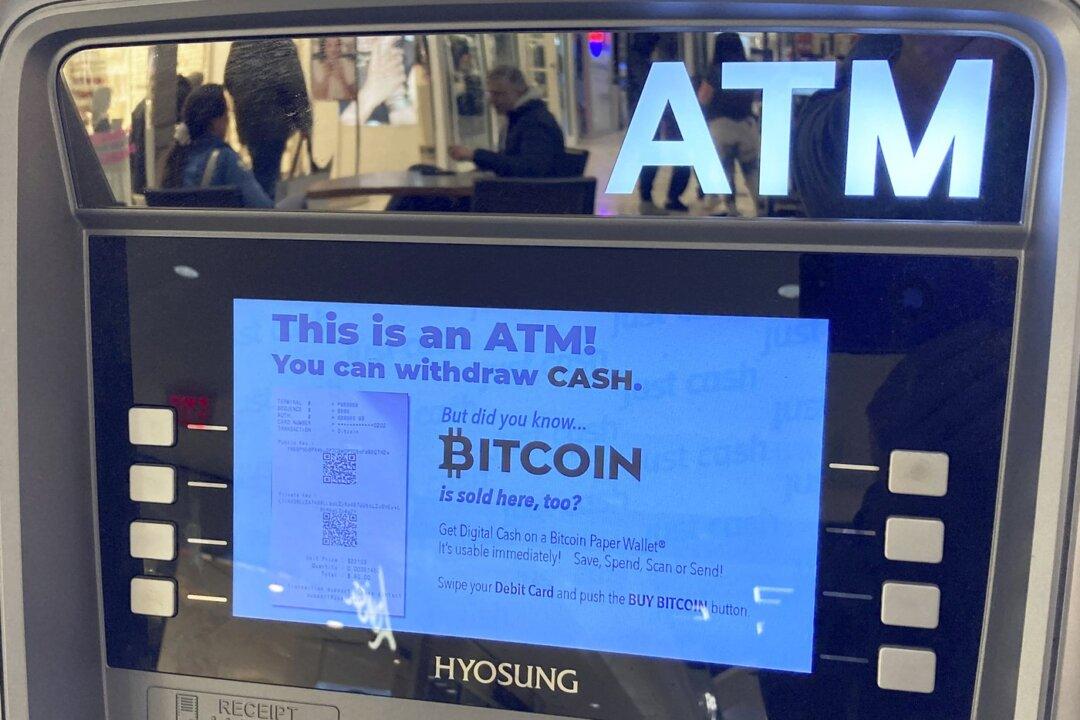Three Los Angeles City Council members held a press conference April 30 urging the city to ban cashless businesses, which they argue exclude seniors, low-income residents and minorities.
“The simple fact is that cashless businesses create an economy that is not inclusive and accessible to some of our most vulnerable populations,” Councilwoman Heather Hutt said during the press conference, which took place outside of City Hall.





